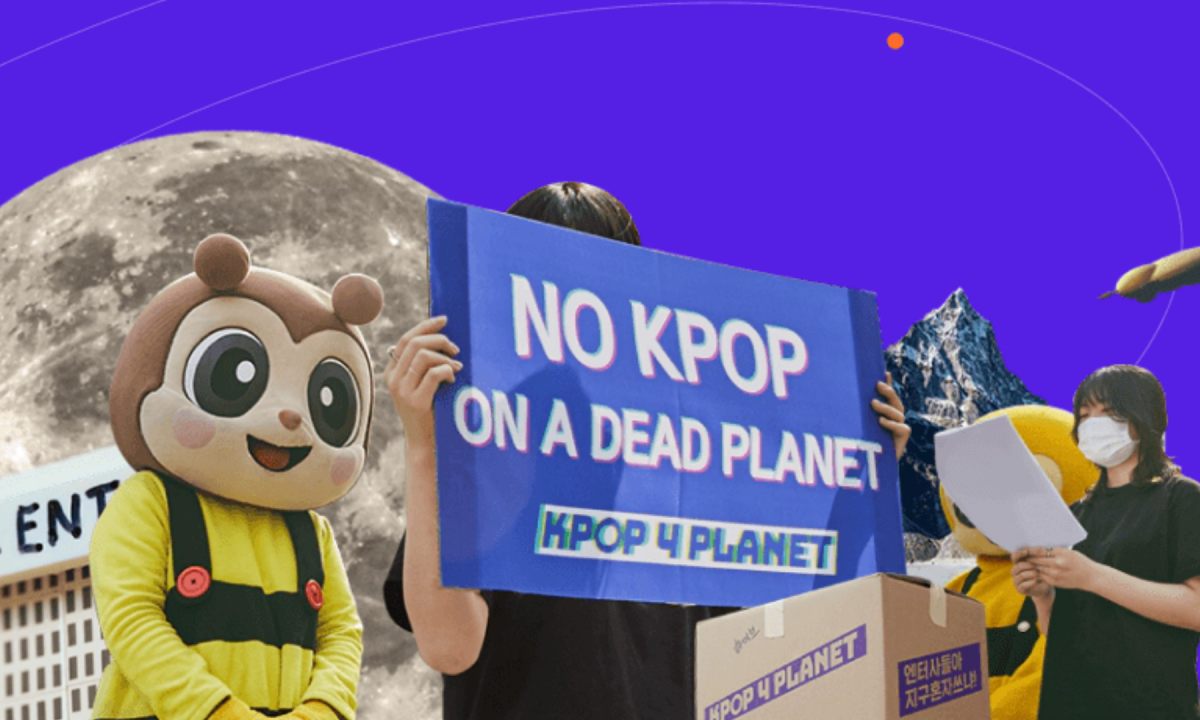By Marco Passoni
“No K-pop on a dead planet”. That is the slogan of Kpop4Planet, a group of predominantly young Gen Z and Millennial fans who have made headlines calling on brands which use K-Pop stars as brand ambassadors to do more for the planet.
Recently, the group has been in the news for calling out major luxury names, including Chanel, Cartier, Yves Saint Laurent and BVLGARI, because members of the popular band Blackpink are ambassadors for the fashion houses.
This is a great example of how young people are getting involved with not just environmental issues, but the retail sector and its efforts on sustainability. Shoppers today are not just consumers of products. They want to feel a link and affinity with brands and they want those brands to reflect and share their ideals, especially on sustainability and ethical concerns. These fans have similar expectations of the celebrities and media personalities who they champion and support. So, when those celebrity faces begin to work with brands, the expectations for those brands only rise – with the benefit of a celebrity brand ambassador bringing new eyes to your brand comes greater expectation.
Shoppers today are not just consumers of products. They want to feel a link and affinity with brands and they want those brands to reflect and share their ideals, especially on sustainability and ethical concerns.
The Kpop4Planet group is a great example of how important this activism among young shoppers is becoming, because K-pop is a multi-billion dollar industry and that is a lot of spending power locked up in young people who are not asking brands and their favourite stars to do better – they expect them to do so. And that is a valuable market to leave in the balance by refusing to do the right thing.
The truth is that brands should already be acting. Climate change and sustainability are not new topics and they are something which every business should be right on top of already. But that is not the case. So now, shoppers are demanding action and rather than brands being able to lead the way, they must meet the expectations of their customers.
Now, shoppers are demanding action on climate change and sustainability – and rather than brands being able to lead the way, they must meet the expectations of their customers.
For me, this is a failing by parts of the luxury and retail sector. Leading brands set themselves up as aspirational. Our sector should be setting the pace and inspiring action from others. But now young shoppers, who will fast become a dominant force in the market, are taking the initiative, so it is time to follow their lead.
The passion of groups such as Kpop4Planet is reflected across this younger demographic, both as groups and individuals, and a failure to act will lead to lost support. Long-term, that means lost income and, possibly, a lost future. There may be no K-pop on a dead planet, but there is no retail either, and there is no future for brands who do not join the fight to save the planet.



